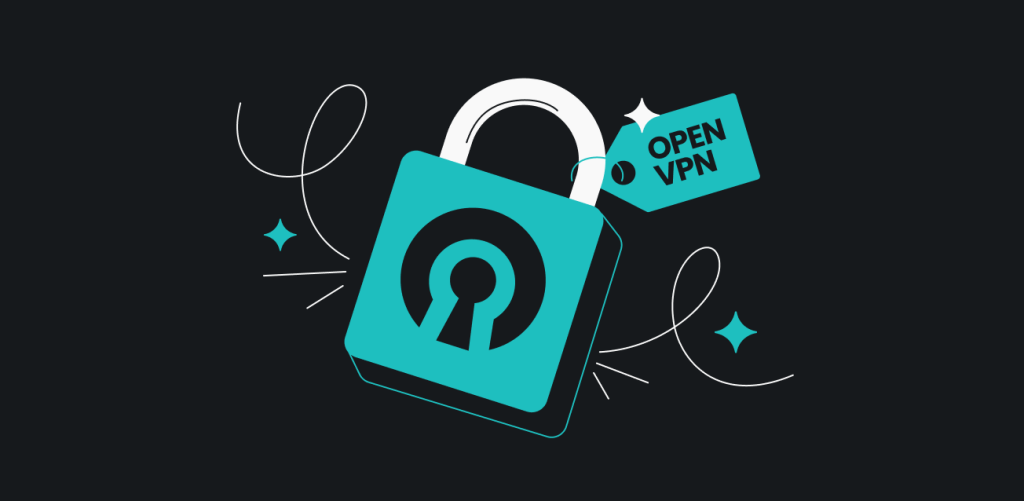
Hyvä VPN-palvelu perustuu pitkälti vankkaan ja turvalliseen palvelininfrastruktuuriin. Surfsharkin kohdalla sinun ei tarvitse luottaa vain pelkkiin sanoihin: palvelimemme ovat juuri läpäisseet riippumattoman infrastruktuuriauditoinnin. Saksassa sijaitsevan Cure53:n suorittamassa laajassa tutkimuksessa ei havaittu mitään vakavia ongelmia.
Palvelininfrastruktuurin auditointi – joka on harvinainen VPN-maailmassa – oli osa arviointia, joka sisälsi myös laajemman tietoturva-arvioinnin. Cure53 laati lopussa raportin, jonka mukaan Surfsharkin palvelinverkko perustuu hyviin oletusarvoihin ja yrityksen insinöörit ovat todella osoittaneet omistaumisensa ja taitonsa rakenteiden ja salausohjelmien määrityksessä.
Cure53 suoritti jo toisen Surfsharkia koskevan auditoinnin. ”Tuhansista palvelimista koostuvan turvallisen verkon ylläpitäminen on suuri vastuu, joten tarvitsimme riippumattoman asiantuntijan arvion siitä, miten tässä pärjäämme. Reagoimme nopeasti kaikkiin suosituksiin, ja voimmekin nyt entistä luottavaisemmin tarjota asiakkaidemme odottamaa tietoturvaa”, kertoo Surfsharkin toimitusjohtaja Vytautas Kaziukonis.
Löydetyt tietoturvaongelmat olivat pikemminkin yleisiä kuin erityisiä epäkohtia. Kaikki ongelmat oli korjattu tämän artikkelin laatimiseen mennessä, ja Cure53:n mukaan korjaukset olivat asianmukaisia.
Cure53 on Saksassa sijaitseva kyberturvallisuusyritys, jonka on perustanut tri Mario Heiderich. Sillä on lähes 10 vuoden kokemus alalta, mukaan lukien eteläkorealaisen lapsilukkoa koskevan mobiilisovelluksen auditointi. Auditoinnissa löydetyt tietoturva-ongelmat olivat niin merkittäviä, että Etelä-Korean hallitus päätti peruuttaa sovelluksen tukemisen. Cure53 auditoi Surfsharkin aiemmin vuonna 2018.


